 Welcome back! This week we’ve got a new podcast episode featuring Courtney Bell on how she teaches sociology to high schoolers. You can also find social science research on media coverage of immigration, public housing’s mental health benefits, and the trouble with school registration timelines.
Welcome back! This week we’ve got a new podcast episode featuring Courtney Bell on how she teaches sociology to high schoolers. You can also find social science research on media coverage of immigration, public housing’s mental health benefits, and the trouble with school registration timelines.
Office Hours:
“Teacher Spotlight: Courtney Bell,” by Amber Powell. In our most recent episode, Amber talks with high school teacher, Courtney Bell about how she makes sociology engaging for high school students.
There’s Research on That!:
“Global Media Coverage of Immigration,” by Allison J. Steinke. Immigration seems to always be in the news, so we rounded up social science research on how media covers immigration globally.
Discoveries:
“How Registration Timelines Worsen School Inequality,” by Jean Marie Maier. New research in Sociology of Education finds that public school registration timelines can worsen school inequality.
“Public Housing Provides Children Mental Health Benefits,” by Allison Nobles. New research in the Journal of Health and Social Behavior finds that public housing may benefit children’s mental health.
Clippings:
“Fewer Marriages Mean Fewer Divorces,” by Mark Lee. In a recent article in The Atlantic, Andrew Cherlin provides an unromantic explanation for fewer divorces.
“Gentrification and Toxic Waste,” by Jasmine Syed. The Guardian talks to Scott Frickel and James R. Elliot about current data on environmental hazards and how gentrification has diversified the types of people at risk of exposure to toxic waste.
From Our Partners:
Council on Contemporary Families:
“Housewife Visas and Highly Skilled Immigrant Families in the U.S.,” by Pallavi Banerjee.
Social Studies MN:
““Fake News” and Informational Moral Panic,” by Allison J. Steinke.
And a Few from the Community Pages:
- Center for Holocaust and Genocide Studies reflects on the politics in naming genocides.
- Cyborgology ponders the gender politics of Doctor Who, part two.

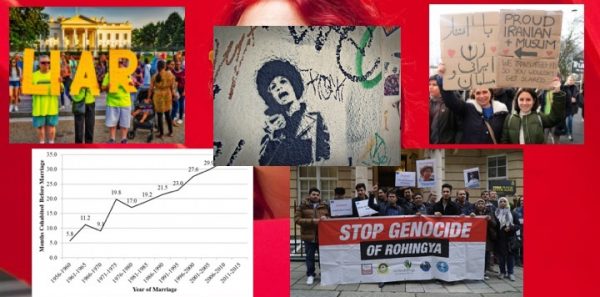
 We’ve had a superb week here at TSP and that means more sociology content for you! This week we’ve got social science research on settler colonialism and Indigenous resistance, digital health-tracking technology, and the role of LGBT-specific international organizations in policymaking.
We’ve had a superb week here at TSP and that means more sociology content for you! This week we’ve got social science research on settler colonialism and Indigenous resistance, digital health-tracking technology, and the role of LGBT-specific international organizations in policymaking.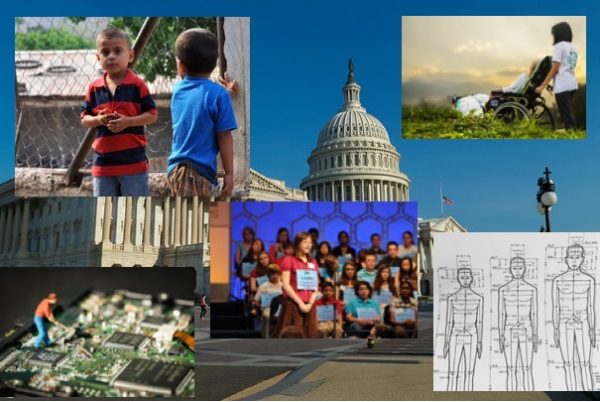 Happy Friday and welcome back! This week we’ve got a new special feature on diversity and wealth in the U.S. Congress, social science research on the migration of unaccompanied minors, and how social media can be a double-edged sword.
Happy Friday and welcome back! This week we’ve got a new special feature on diversity and wealth in the U.S. Congress, social science research on the migration of unaccompanied minors, and how social media can be a double-edged sword.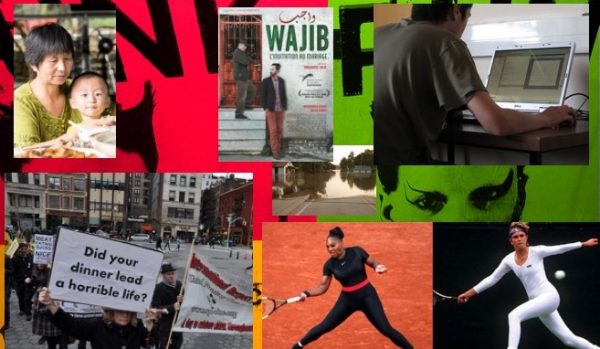 Welcome back! This week at TSP we’ve got research on the rise of data journalism, prison labor, and the Portuguese punk scene. You can also find sociologists’ takes on vegan social movements and how natural disasters increase racial inequality.
Welcome back! This week at TSP we’ve got research on the rise of data journalism, prison labor, and the Portuguese punk scene. You can also find sociologists’ takes on vegan social movements and how natural disasters increase racial inequality. Here at TSP headquarters, we’re settling into the semester and the cool fall weather. This week we’ve got social science research on race and social assistance in the United States, how the internet changed the dating game, and the lives saved and lost by incarceration.
Here at TSP headquarters, we’re settling into the semester and the cool fall weather. This week we’ve got social science research on race and social assistance in the United States, how the internet changed the dating game, and the lives saved and lost by incarceration.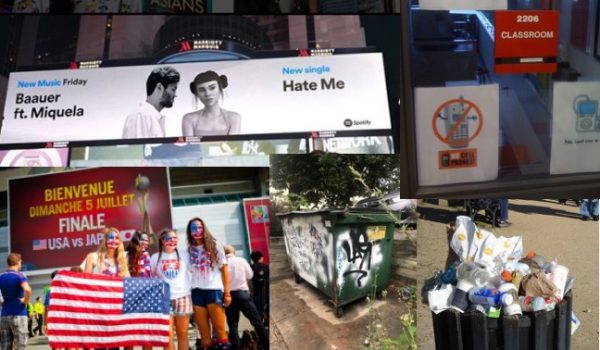 Welcome back to another week of sociology at TSP! This week you’ll find new research on graffiti as a subculture, how the term, “white trash” reinforces white supremacy, and reflections on why U.S. women’s soccer fans are mostly White.
Welcome back to another week of sociology at TSP! This week you’ll find new research on graffiti as a subculture, how the term, “white trash” reinforces white supremacy, and reflections on why U.S. women’s soccer fans are mostly White.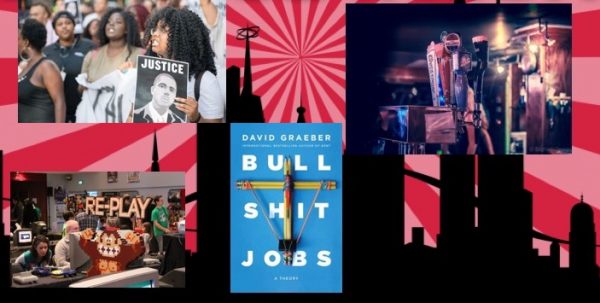
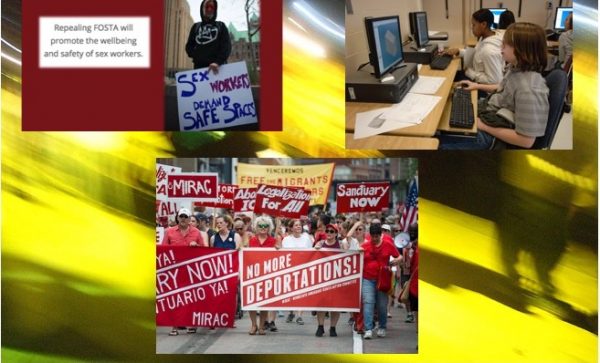
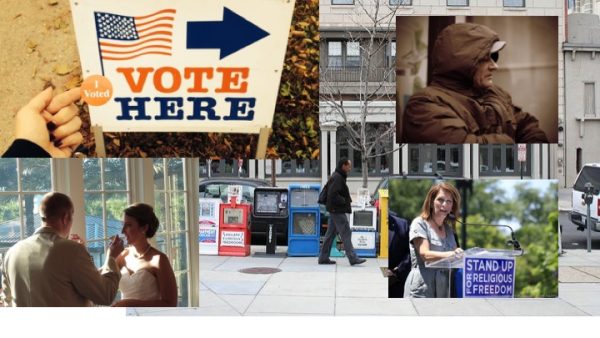 Here at TSP headquarters, we’re gearing up for another fall semester starting in just a couple weeks — that means welcoming new board members, producing more in-house content, and highlighting awesome writing by our partners and community pages! Until then, we’ve got social science research on the “Hispanic Paradox,” new research on what makes a valuable potential partner for marriage, and insight on how childhood trauma makes reentry more difficult.
Here at TSP headquarters, we’re gearing up for another fall semester starting in just a couple weeks — that means welcoming new board members, producing more in-house content, and highlighting awesome writing by our partners and community pages! Until then, we’ve got social science research on the “Hispanic Paradox,” new research on what makes a valuable potential partner for marriage, and insight on how childhood trauma makes reentry more difficult.